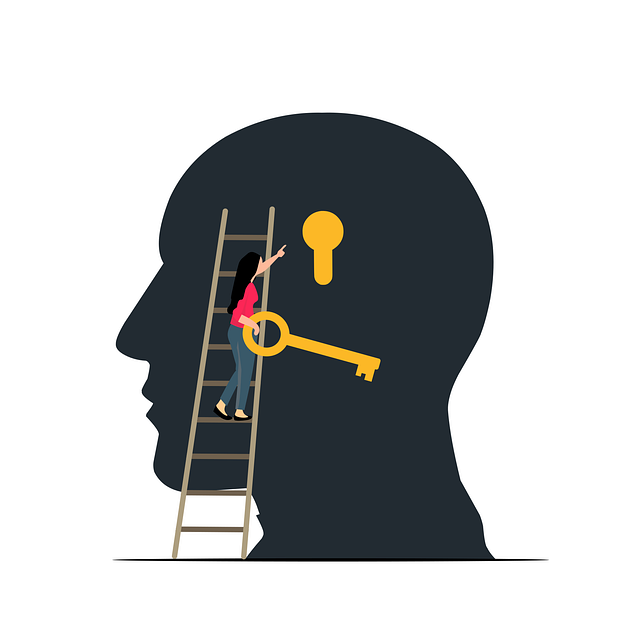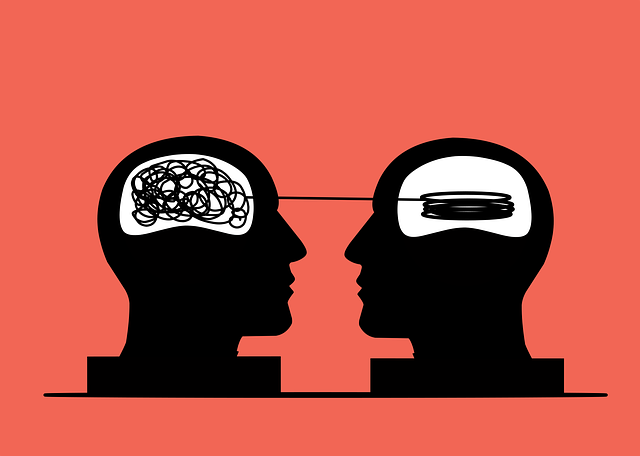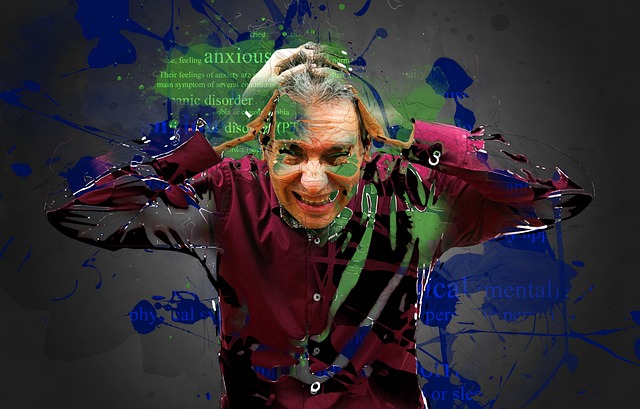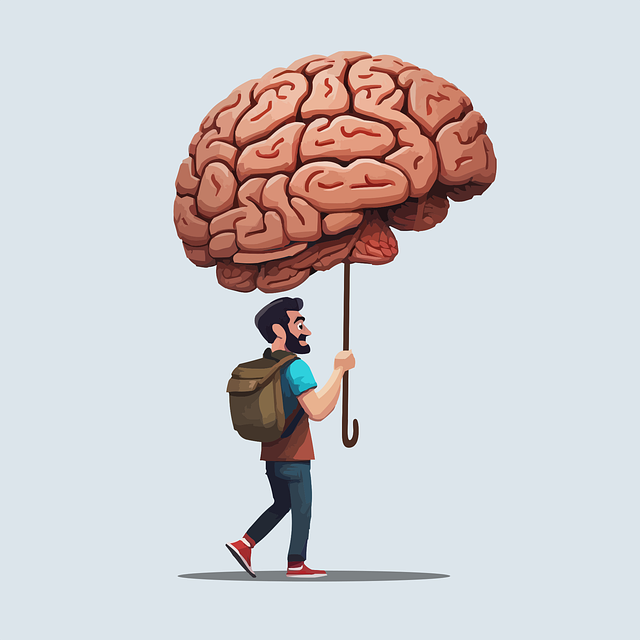Understanding the unique mental health needs of elderly German-speaking individuals is vital for effective therapy services. Cultural barriers, language differences, and age-related cognitive changes can hinder access and engagement. Stigma surrounding mental illness may be more prevalent in certain communities, emphasizing the need for safe, culturally sensitive environments. Facilitators should use empathy building strategies, emotional intelligence, and tailored techniques to enhance well-being. Creating optimal environments prioritizes confidentiality, open dialogue, non-judgmental language, and cultural sensitivity, fostering trust and group bonds. Active listening, stress reduction, social skills development, and positive thinking are key benefits for this demographic. Dynamic techniques like Mindfulness Meditation exercises and conflict resolution training improve engagement in group sessions, respecting shared backgrounds and traditions while promoting peer support through therapy.
Mental wellness group facilitation plays a vital role in supporting the unique needs of elderly German speakers. This article explores techniques tailored to enhance therapy for elders within this linguistic community. We delve into understanding specific mental health challenges, creating safe spaces, and employing effective communication strategies. Additionally, we highlight methods to foster engagement and interaction, ensuring inclusive participation. By implementing these techniques, facilitators can significantly improve the effectiveness of group therapy sessions for German-speaking seniors.
- Understanding Mental Health Needs of Elderly German Speakers
- Creating a Safe and Inclusive Group Environment
- Effective Communication Strategies for Facilitators
- Techniques to Foster Engagement and Interaction within the Group
Understanding Mental Health Needs of Elderly German Speakers

Understanding the mental health needs of elderly German-speaking individuals is essential when facilitating support groups or offering therapy services. Many older adults in this demographic may face unique challenges, such as cultural barriers, language differences, and age-related cognitive changes. These factors can impact their ability to access and engage with mental health resources effectively. For instance, stigma surrounding mental illness might be more prevalent within certain German-speaking communities, hindering individuals from seeking help.
When facilitating groups or providing therapy for elders speaking German, incorporating empathy building strategies and emotional intelligence is vital. This involves creating a safe, culturally sensitive environment where participants feel comfortable sharing their experiences. Facilitators can encourage open dialogue, promote active listening, and teach emotional regulation techniques tailored to the group’s needs. By addressing these mental health concerns with sensitivity and cultural awareness, facilitators can enhance the overall well-being of elderly German speakers.
Creating a Safe and Inclusive Group Environment

Creating a safe and inclusive group environment is paramount when facilitating mental wellness sessions for elders speaking German. This begins with establishing ground rules that emphasize respect, confidentiality, and an open dialogue. Ensuring every participant feels heard and valued fosters a supportive atmosphere, encouraging them to share their experiences and perspectives freely.
Using non-judgmental language and incorporating cultural sensitivity techniques tailored to the German-speaking community helps build trust. Activities that promote active listening, empathy, and understanding can significantly enhance group cohesion. These practices not only create a welcoming space but also enable effective therapy for elders, facilitating stress reduction methods, social skills training, and positive thinking.
Effective Communication Strategies for Facilitators

Effective communication is a cornerstone of successful group facilitation, especially when catering to specific demographics such as German-speaking elders in therapy settings. Facilitators play a vital role in creating a safe and supportive environment where participants feel comfortable sharing their experiences and insights. One key strategy involves adapting language to suit the cultural context and proficiency levels of the group members. This might include using simple, clear language and being patient with translations, ensuring everyone can actively participate.
Additionally, facilitators should employ active listening techniques, such as paraphrasing and summarizing, to confirm understanding and encourage open dialogue. Emotional well-being promotion techniques, like creating a non-judgmental space and validating emotions, are essential to foster trust. These methods, coupled with social skills training and burnout prevention strategies for healthcare providers, can significantly enhance the group’s overall experience and engagement.
Techniques to Foster Engagement and Interaction within the Group

Facilitating engaging group sessions for seniors who speak German requires a blend of dynamic techniques to encourage active participation and meaningful interaction. One effective approach is incorporating Mindfulness Meditation exercises tailored to their cultural context, fostering a sense of calm and connection within the group. These practices can be seamlessly integrated into each meeting, promoting a safe space where elders feel comfortable sharing their experiences.
Additionally, training facilitators in Conflict Resolution Techniques that account for Cultural Sensitivity in Mental Healthcare Practice is invaluable. By learning to navigate differences and address conflicts respectfully, facilitators create an inclusive environment. This encourages open dialogue, allowing participants to explore shared challenges and support one another through therapy for elders, all while respecting their German-speaking backgrounds and traditions.
Mental wellness group facilitation plays a pivotal role in providing therapy for elders German speaking individuals, addressing their unique mental health needs. By creating safe, inclusive environments, employing effective communication strategies, and utilizing techniques that foster engagement, facilitators can significantly enhance the well-being of this demographic. These proven methods not only support elderly German speakers’ emotional health but also enrich their social connections, ultimately contributing to a more vibrant and fulfilling life.









